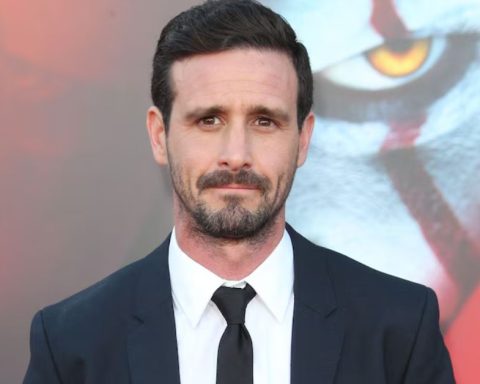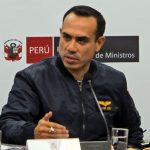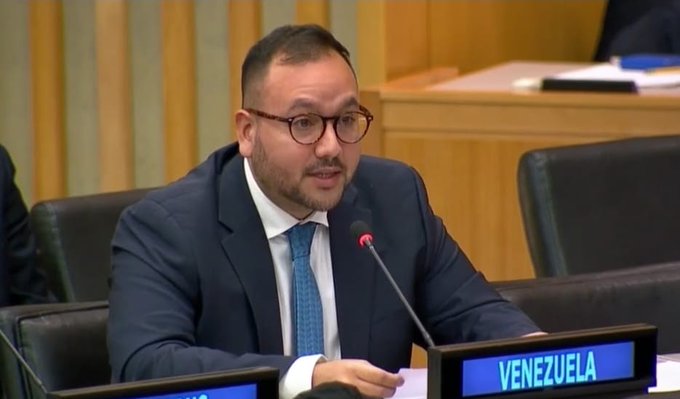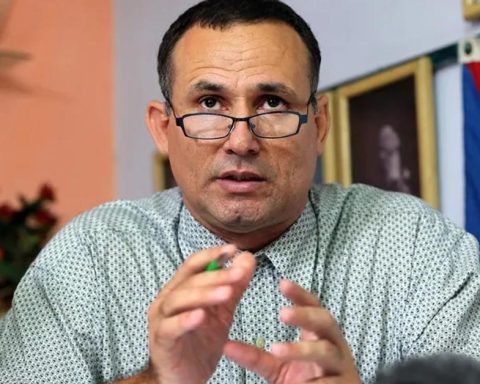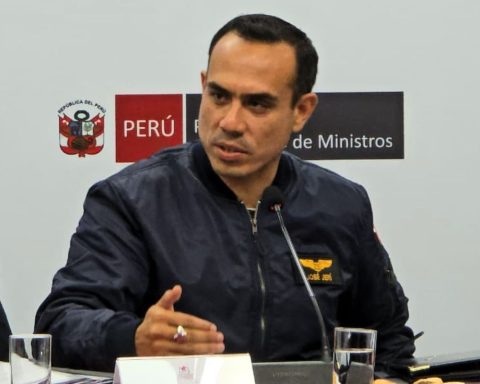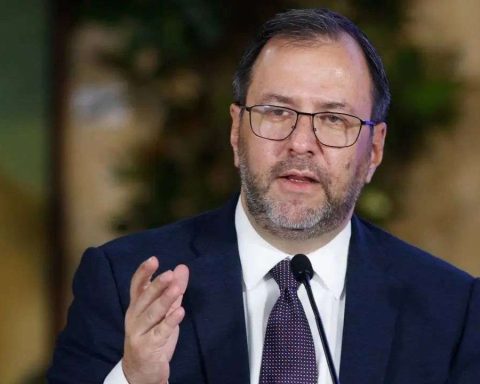March 23, 2023, 4:00 AM
March 23, 2023, 4:00 AM
The euphoria to obtain a favorable ruling in the International Court of Justice (ICJ) for an exit to the sea, before October 2018, was so uncontrolled that a political fanaticism against Chile was flagged at the head of Evo Morales. Only on demand that was installed before the court in The Hague, $14 million were spent. Today, the maritime demand is relegated. In the Government they allocated a budget of $us 2 million to the office that seeks the maritime claim.
On March 23 of last year, President Luis Arce conditioned the reestablishment of relations with Chile only if La Moneda opened a door to resolve the maritime issue. One year after that request, there were no changes in Chilean politics. The relationship with the neighboring country is limited to trade and migration. The rest is on hold.
Even the Bolivian claims for the sea and the Silala are closed cases for the Chilean authorities.
For Bolivia, the maritime issue is a central issue and that is why in 2013 filed a lawsuit before the ICJ based in The Hague to force Chile to negotiate sovereign access to the sea. The Bolivian Constitution also requires seeking an outlet to the sea.
The decision of the international court came in 2018 and was favorable for Chile, ruling that Santiago has no obligation to negotiate an exit to the Pacific Ocean for Bolivia. But the ICJ also indicated that, although there is no obligation, this does not prevent neighboring countries from continuing on the path of dialogue. Little or no progress was made.
Relaunch relationships
The political scientist Paul Antonio Coca considered that relations with Chile will remain the same despite the fact that a socialist government entered -a year ago-, that of Gabriel Boric. The expert sees that progress can be made on the commercial and immigration issue, which is the one that worries the most now in the neighboring country.
“We have already seen that the Republic of Chile, by changing president, did not mean that its state policy changes in a significative way. With the new president (Boric) the political position is maintained, because, obviously, that’s how Chileans are. Now, the social issue, which is what affects the most now, which is immigration, I’m sure it will have a level of coordination, since we saw the Chilean president even go to Colchane to gather the concerns of that population. That means that the issue is delicate for Chile,” said Coca.
Between 2013 and 2018 Bolivia and Chile experienced tense moments over the maritime issueeither. It was in 2013 that the administration of Evo Morales decided to sue Chile before the ICJ due to Santiago’s refusal to negotiate a sovereign access to the sea for Bolivia. As soon as Evo Morales entered Palacio Quemado, the issue was latent. He spoke with different Chilean presidents, including Ricardo Lagos, Michelle Bachelet and Sebastián Piñera. With the last two in two different managements.
Morales did not measure his political euphoria and attacked Chile in different multilateral spaces. He was followed by former presidents Carlos Mesa, Jorge Quiroga, Guido Vildoso, Jaime Paz Zamora and Eduardo Rodríguez Veltzé, who was the Bolivian agent before the ICJ.
There were many trips to The Hague and payments to international lawyers who also put on the political shirt at the same time as the legal one. One of them was Antonio Remiro Brotons, who was the head of the internationalist team.
In all this process, $14 million were spent, that when Diego Pary was foreign minister – today Bolivia’s ambassador to the United Nations – an audit was made of those expenses. Many experts noted that those payments were too high for the outcome: the ICJ decided that Chile has no obligation to negotiate a sovereign exit in favor of Bolivia. That news came on October 1, 2018 and since that date the situation has not changed and there have been no approaches. Only slamming doors from Chile.
Former President Rodríguez Veltzé was in Santiago at the end of 2022, where he gave a conference before the Chilean Council for International Relations in which he reviewed the maritime issue and Silala, among others. In that space, the former Bolivian president and agent before The Hague considered that Bolivia can seek dialogue leaving the issue of sovereignty aside.
At that event, former Chilean Defense Minister Jaime Ravinet asked Rodríguez Veltzé if he “believes that Bolivia could consider the search for solutions that is a non-sovereign solution (Sea)”. The Bolivian lawyer responded: “The answer is yes, and we should do it, there are channels and ways to do it.”
In Bolivia they view this with suspicion, since the Constitution obliges Bolivia to negotiate a sovereign exit and not doing so implies modifying it.
Deputy Gustavo Aliaga, from the ranks of Comunidad Ciudadana (CC), and expert in international affairs, suggested to the Government of Arce to ask Boric to rebuild the relationship with Chileaddress specific issues and finally address the maritime issue.
“Today, thousands of trucks cannot pass to the Chilean side, Bolivian migrants cannot cross (the border). The issue of drug trafficking is very serious. Chile has become the third largest drug exporter in Latin America due to the amount of drugs that crosses from Bolivia to Chile. These issues are important and that is why the relationship must be relaunched. The sea issue should be addressed later. That it is not every March 23 that they say that we are going to recover the sea and that is only speech”, said Aliaga.
Today, the Directorate of Maritime Claims (Diremar) has a budget of Bs 16 million for its expenses.



